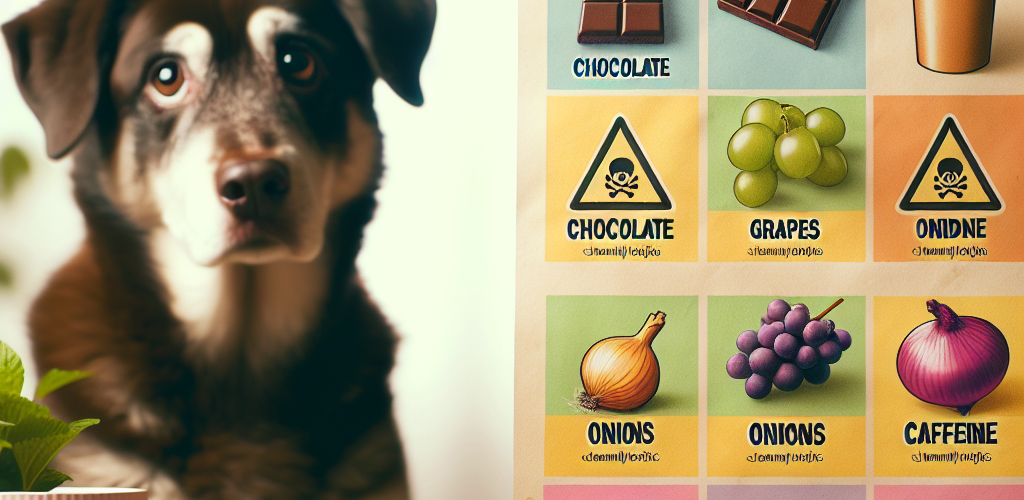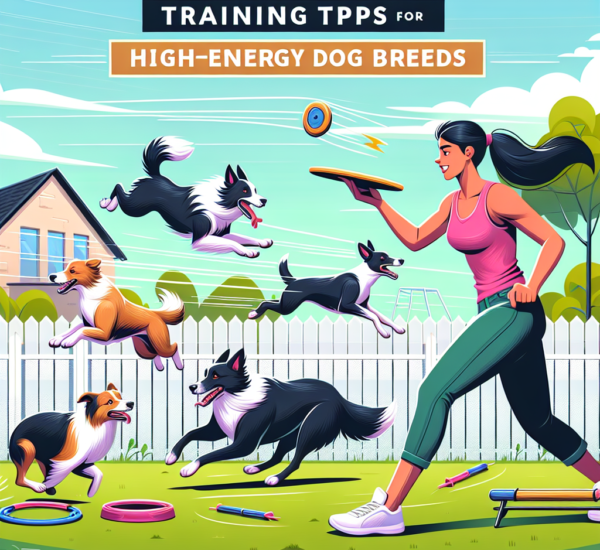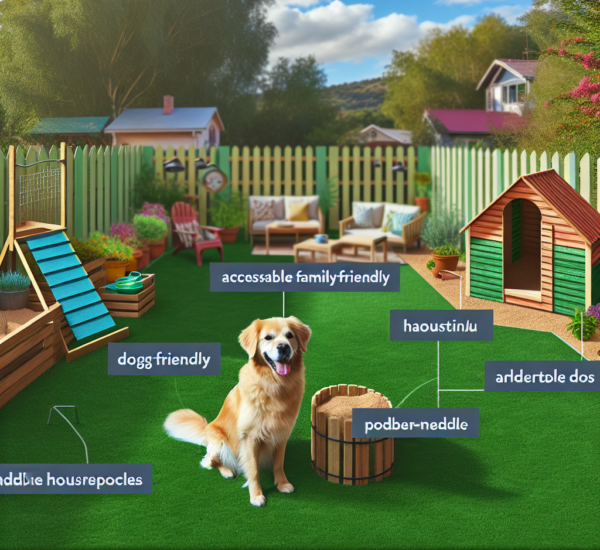Your guide to keeping your furry friend safe and healthy by knowing what foods could be harmful to them.
Chocolate: Real Danger Lurks in Sweetness
Chocolate is widely loved by humans but it’s perilous for our canine companions. Containing theobromine and caffeine, it can cause numerous issues in dogs including vomiting, diarrhea, rapid breathing, and even death. The darker the chocolate, the more dangerous it is.
Xylitol: The Hidden Threat in Everyday Foods
Xylitol, a sugar substitute found in many sugar-free products, can induce liver failure and hypoglycemia in dogs. Symptoms often include weakness, staggering, and seizures. Always check product labels, especially for items like gum, candy, and toothpaste.
Onions and Garlic: A Pungent Poison
Both onions and garlic belong to the Allium family and are toxic to dogs in any form—raw, cooked, or powder. Consumption can lead to red blood cell damage, anemia, weakness, and lethargy. Regular exposure in small amounts or single large amounts can be equally harmful.
Caffeine: More Than Just a Wake-Up Call
Even small amounts of caffeine can cause rapid heartbeat, hyperactivity, and tremors in dogs. Sources are not just limited to coffee but include cola drinks, energy drinks, and certain medications. Keep these away from your pets always.
Grapes and Raisins: Small but Deadly
Though the exact toxin is unknown, grapes and raisins have been shown to lead to kidney failure in dogs. Symptoms include vomiting, lethargy, and depression. It’s best to keep these fruits, commonly found in kitchens, out of reach from your pet.
Alcohol: Not for Dogs
Even small amounts of alcohol, whether in drinks, syrups, or desserts, can be hazardous. Alcohol affects dogs much as it does humans but at an accelerated rate. Effects can include difficulty breathing, coordination problems, and severe digestive issues.
Summary: Keep Your Dog Safe
Understanding what foods are toxic to dogs helps prevent accidental poisoning. Always ensure your dog’s snacks are safe, and maintain vigilance with what’s accessible for them to grab off counters or through trash bins.
Frequently Asked Questions
What should I do if my dog eats chocolate?
Contact your veterinarian immediately or call the Pet Poison Helpline. Quick response can be crucial.
Can dogs eat any type of dessert?
Many desserts contain sugar, xylitol, or chocolate, all of which are harmful. It’s safest to stick with treats made specifically for dogs.
Are there any safe human foods for dogs?
Yes, many fruits and vegetables like carrots, apples, and pumpkin are safe for dogs but always introduce any new food into their diet gradually.




